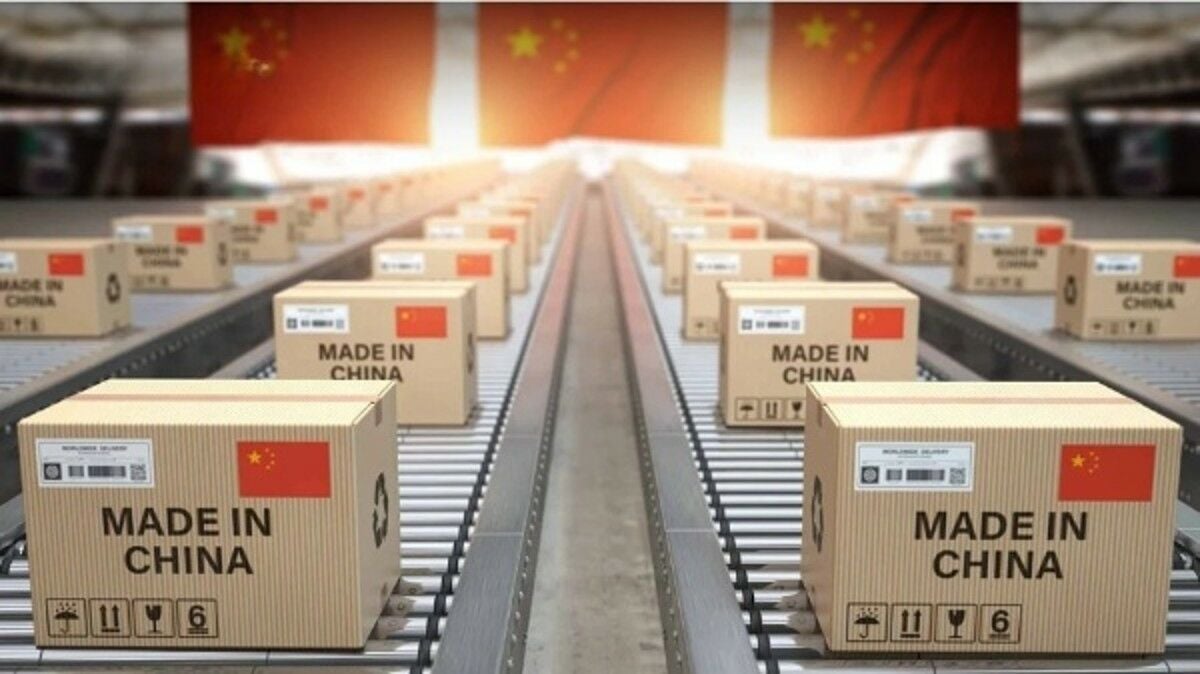Temu’s takeover: Thai e-commerce expert warns of price war

The Thai e-commerce landscape is about to face a major upheaval, warns Pawoot Pongvitayapanu, CEO of Creden.co and PaySolutions. Speaking on Krungthep Turakij’s Deep Talk programme, Pawoot cautioned that the arrival of the Chinese online retail giant Temu on Monday could spell trouble for local retailers already battling fierce competition.
Pawoot highlighted that while Thai consumers are already familiar with cheap Chinese goods via platforms like Shopee, Lazada, and TikTok Shop, Temu’s direct-to-consumer model presents a new level of disruption.
“Temu offers Chinese products directly to Thai buyers, bypassing middlemen, with the added lure of Thai language support, local currency transactions, free shipping, and a money-back guarantee.”
Temu’s discounts, reaching up to a staggering 90%, are set to intensify the already cut-throat price wars.
Local retailers are already feeling the pinch from platform fees and profit shares, which are unregulated and rising. The entry of Temu could push small businesses to the brink, unable to compete with the low prices of Chinese manufacturers.
Pawoot foresees a grim future for domestic manufacturing and related industries, predicting factory closures and job losses as demand shifts towards cheaper imports.
In response, Pawoot expects market leaders like Shopee and Lazada to ramp up promotions and enhance logistics to hold onto their customer base. These platforms may also pivot towards showcasing unique Thai products to stand out from Temu’s Chinese offerings.
Pawoot urged local retailers to innovate, suggesting partnerships to enhance after-sales service, brand building, and leveraging AI to boost sales. He also called on the government to tighten regulations, preventing substandard Chinese goods from flooding the market, reported The Nation.
In related news, Chinese electric vehicle (EV) manufacturer BYD recently opened its inaugural Southeast Asian factory in Thailand, garnering considerable attention and praise for the country’s industrial foresight. However, this development also adversely affected long-established Japanese automakers, leading to a ripple effect across numerous Thai factories.
Latest Thailand News
Follow The Thaiger on Google News:


























